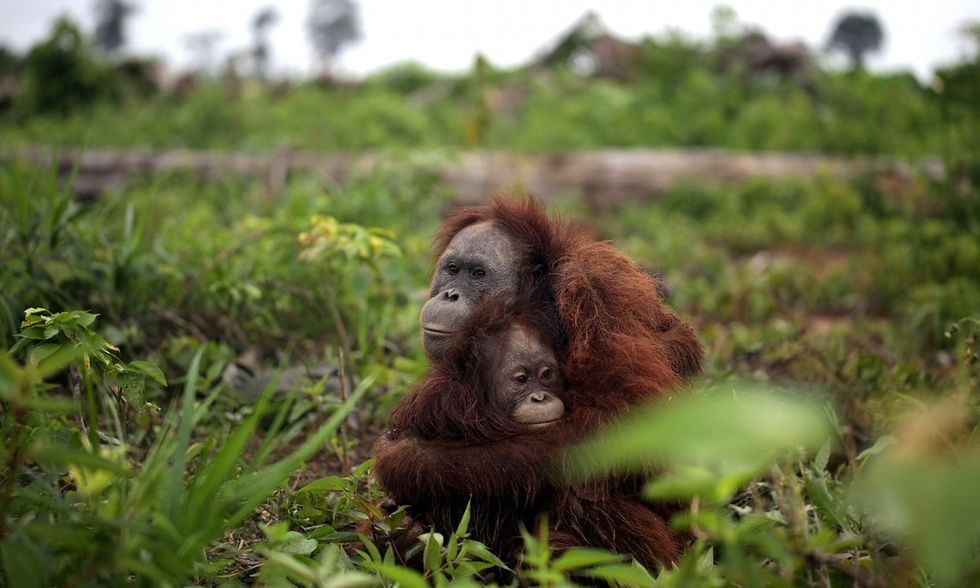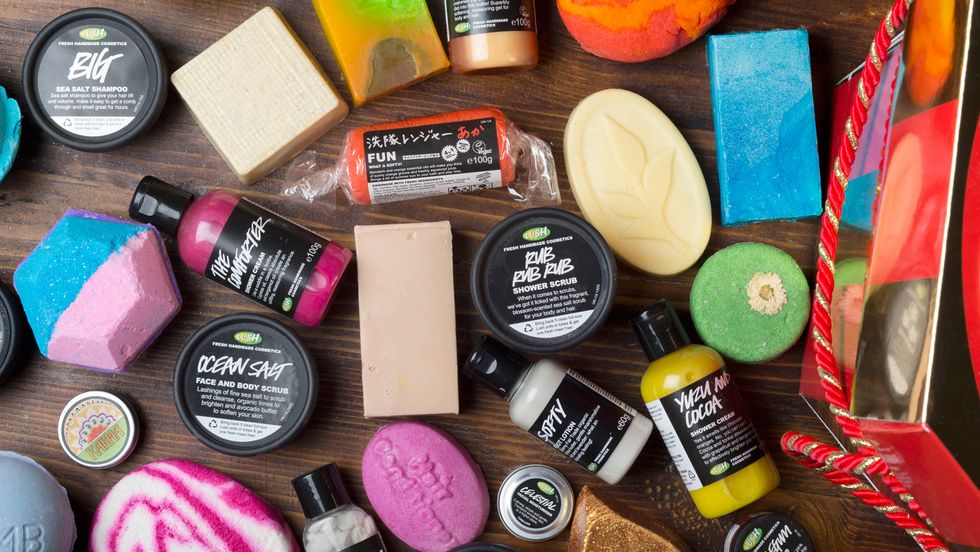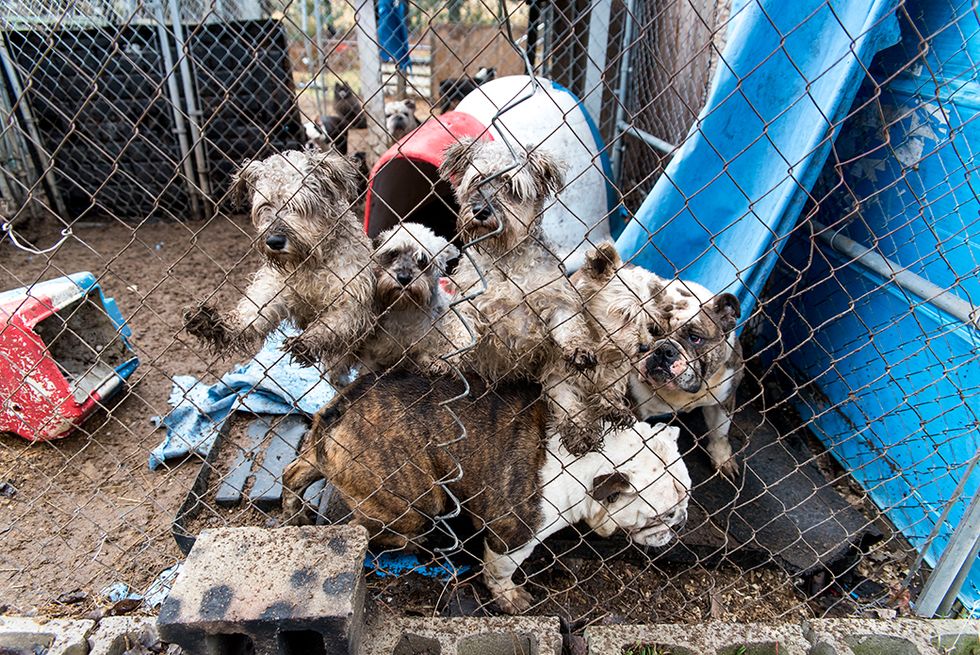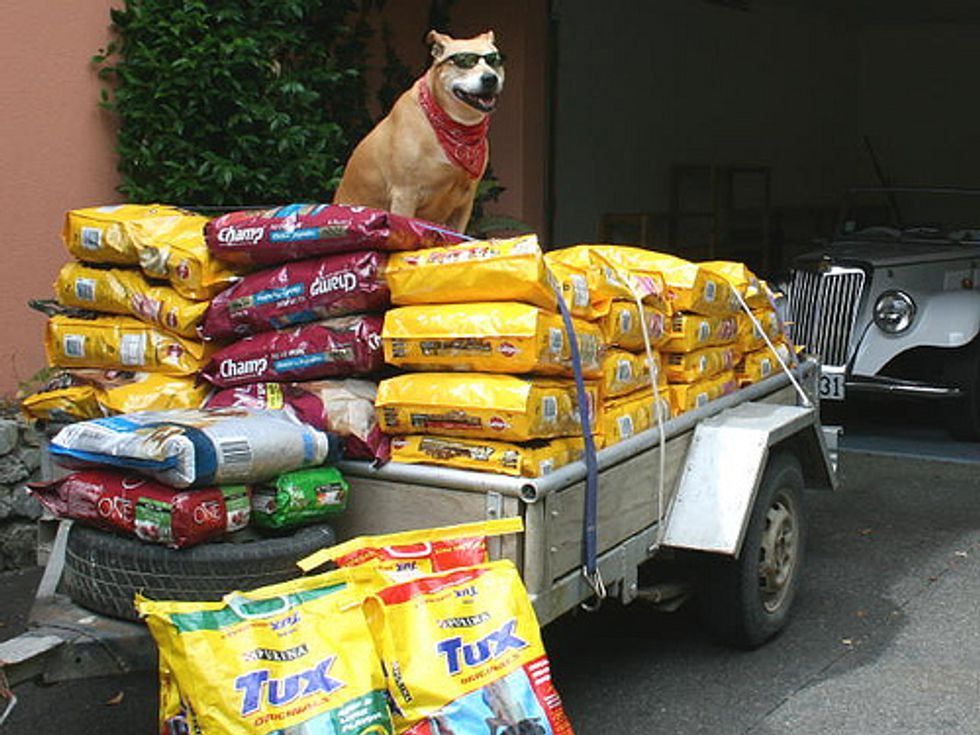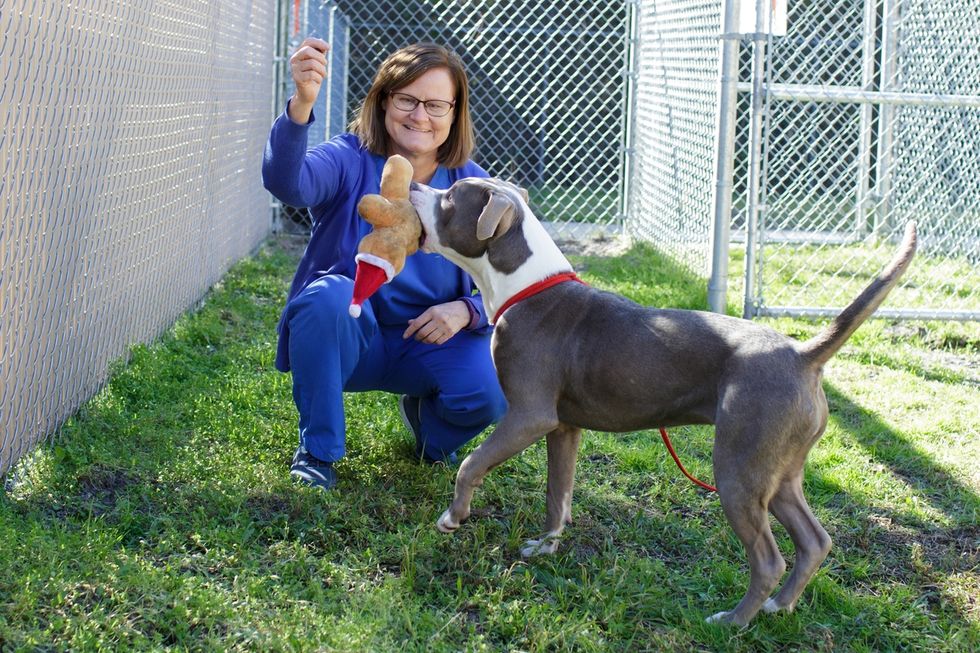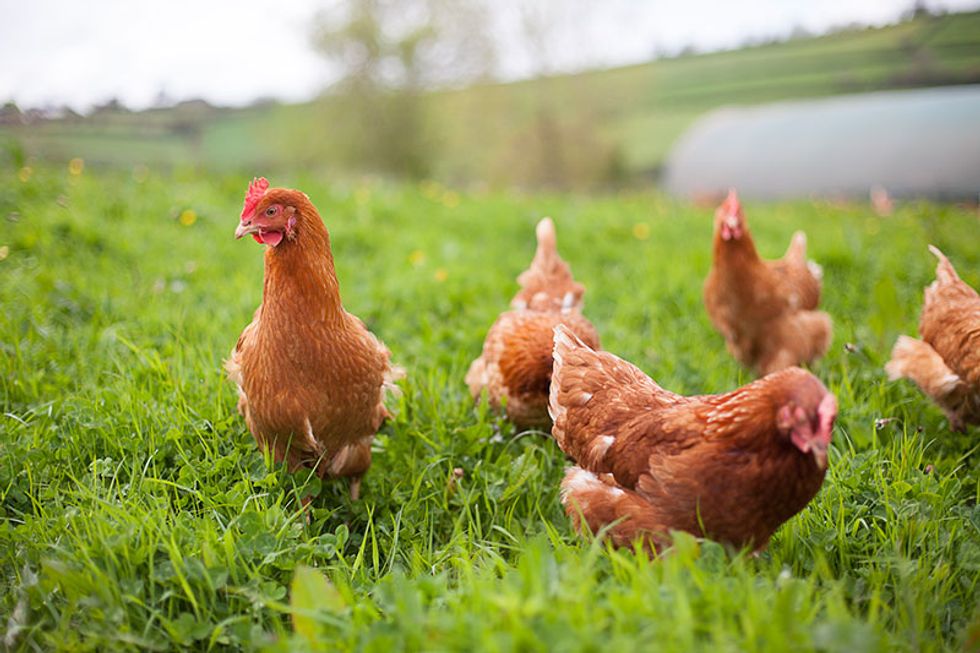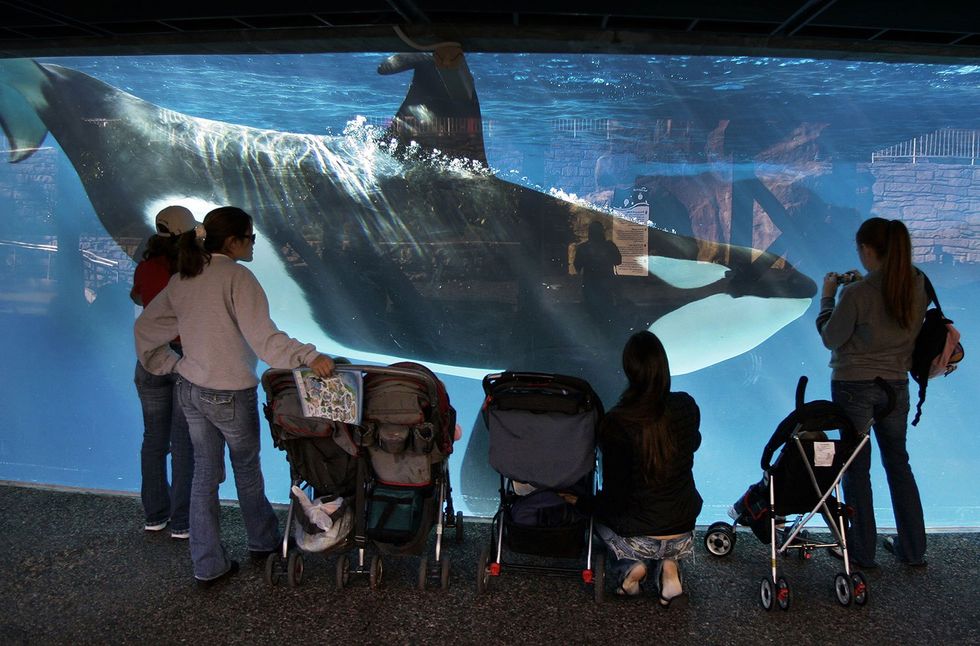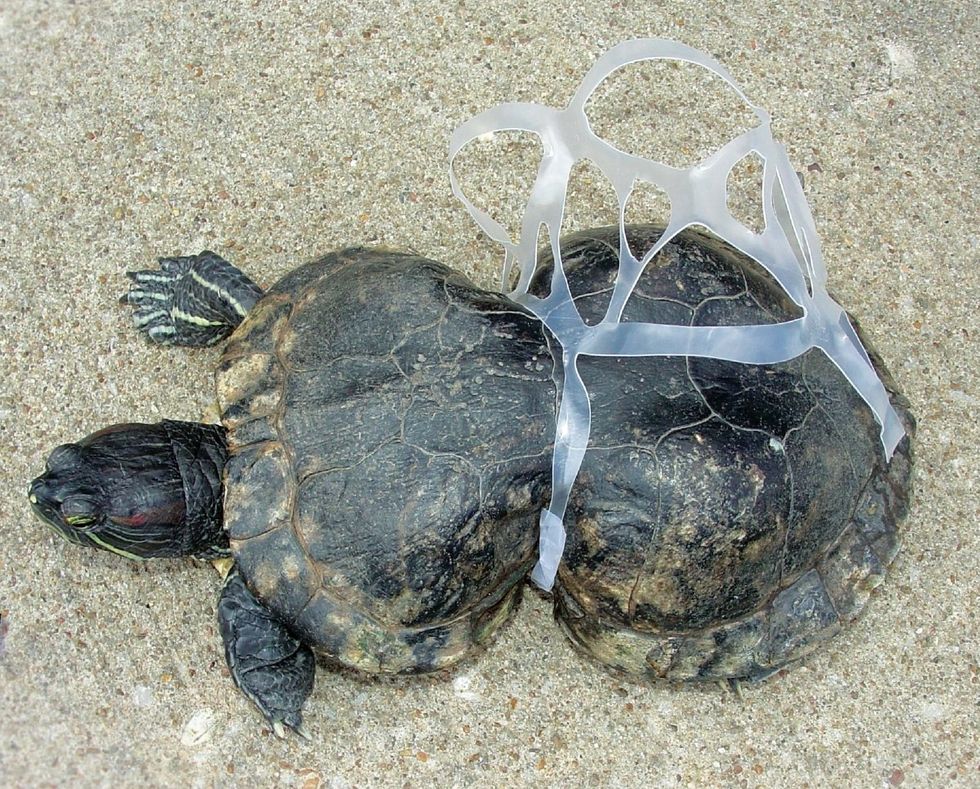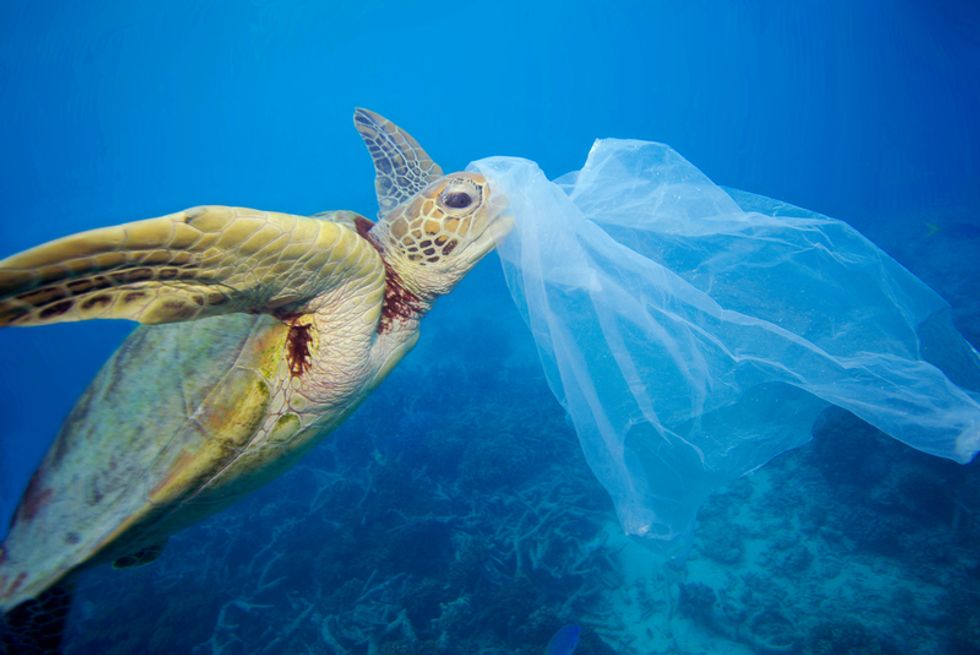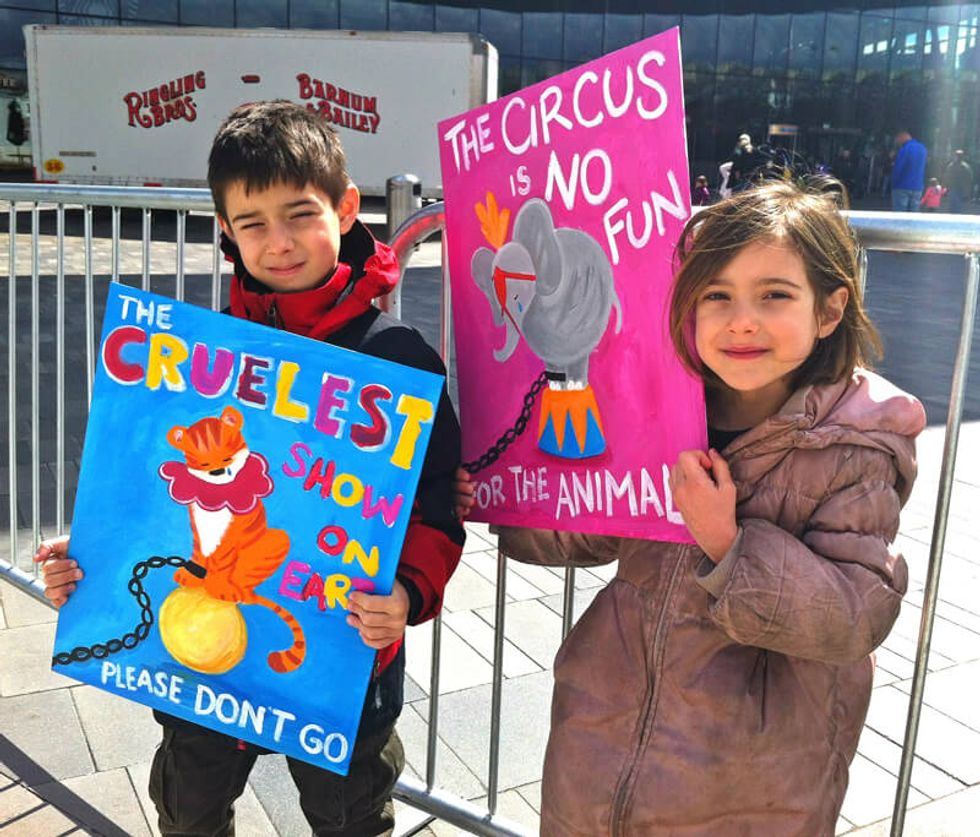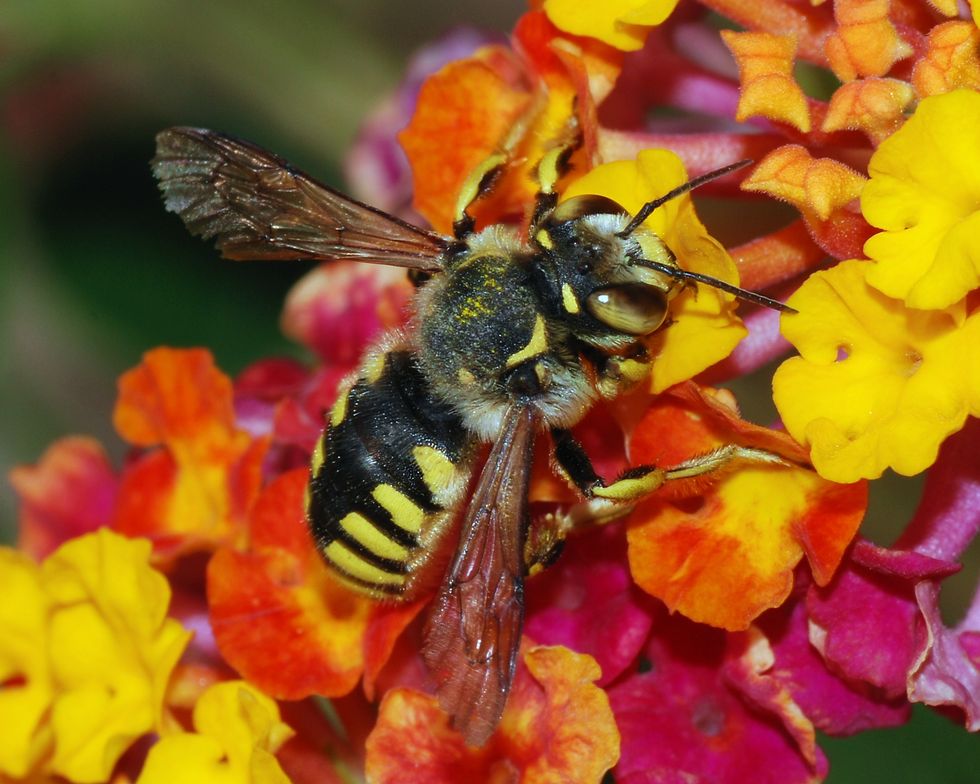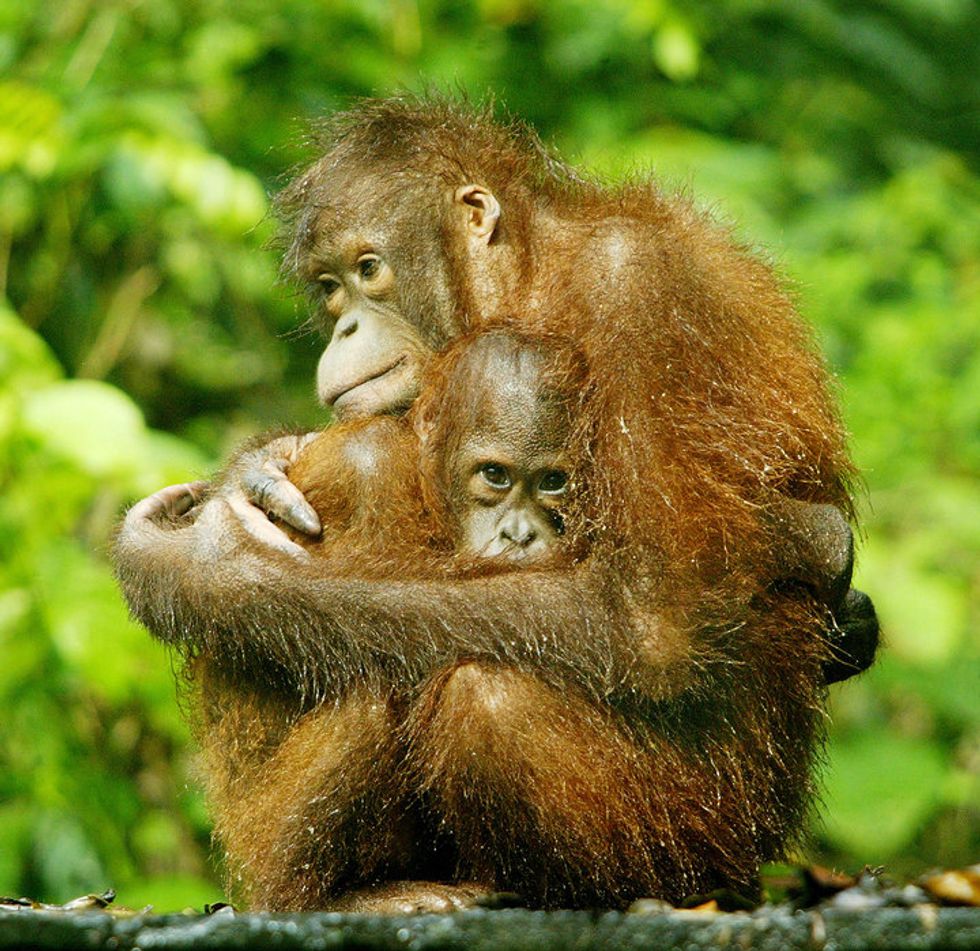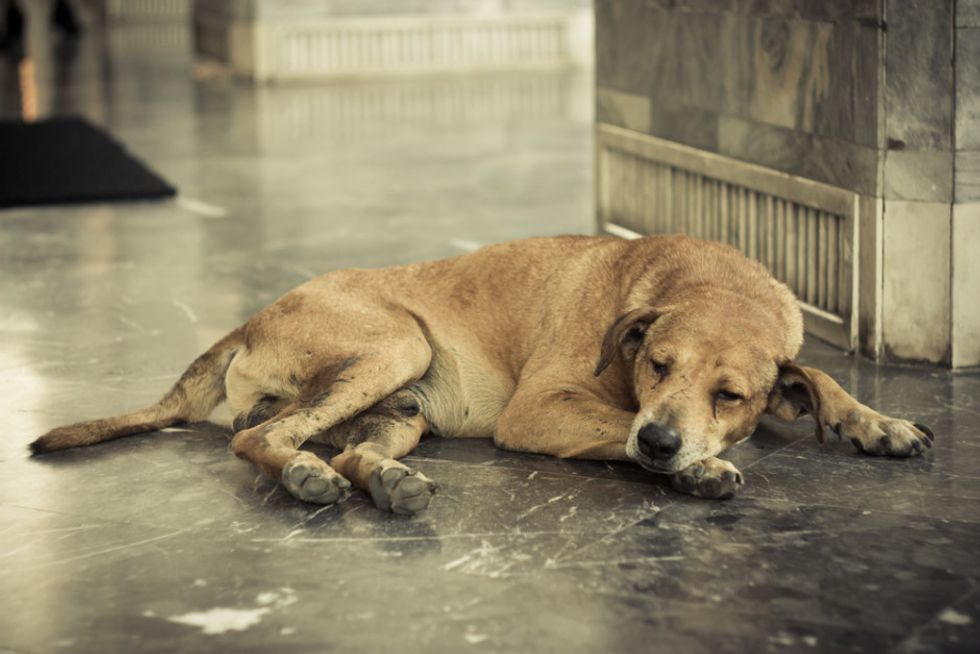Over the past few years, the idea of animal rights and protection has emerged as a critical issue for many Americans. According to a 2015 Gallup study, "a third of Americans want animals to have same rights as people", and 62 percent of Americans believe animals deserve some level of protection. In line with the recent popularization of this idea, Gallup also reported that support for animal welfare has soared 25 percent from 2008 (the last time they ran this study).
This idea has transcended to Federal legislation, as well. Some legislation has passed, such as the 2010 Preventing Animal Cruelty and Torture (PACT) Act, which prohibits the creation and distribution of videos or photos containing animal abuse. However, other bills are presently in the works and have been met with contention from these targeted industries, such as the 2015 The Humane Cosmetics Act, which strives to eliminate animal testing for cosmetics, and The Animal Welfare in Agricultural Research Endeavors (AWARE) Act, which will protect traditional farm animals from torturous experiments under the guise of 'research'.
So, as support for animal welfare gains popularity, many people are left wondering what can they do to help. A simple response would be to go vegan (stop the use and consumption of animal products), however that is not always a viable option for some.
So what can we do today to start helping animals within our communities and elsewhere?
1. Buy cruelty-free make-up and beauty products.
Many cruelty-free cosmetic and beauty companies have emerged as a result of a growing disapproval of animal testing, such as Lush, which offers a wide array of cruelty-free, environmental-friendly, and all natural beauty products. However, when it comes to choosing cruelty-free companies as a consumer, its increasingly important to determine the veracity of the claim. Many "cruelty-free" companies derive from a parent company that actively uses animal testing, such as Urban Decay, whose parent company is L'Oréal. While you may intend to divert your monetary support away from companies who animal test, your money will inevitably find its way into the hands of the companies you meant to boycott.
For a complete list of cruelty free products, go here.
2. Dedicate at least a day a week to going meatless.
There is ample evidence to suggest that Meatless Mondays is both mutually beneficial to your health and to the environment around you. Just making small reductions to animal consumption can really help the environment in astounding ways, while toppling the meat industry in the process.
3. Don't buy fur.
Fur farms often keep animals, who are used to roaming grassy areas or marshlands, in cages that barely facilitate easy movement. The animals live, very short lives where they are ultimately poisoned to death with gas and skinned for their fur. So, for the sake of these animals, please ditch the fur.
4. Don't buy pets from large scale breeders or pet stores.
Approximately 2.7 million companion animals (dogs and cats) are euthanized in US shelters each year due to a failure to get adopted. Meanwhile, breeder dogs used in large scale puppy mills through the US live miserable lives-- confined to wire cages where they are ill-socialized, and poorly-fed. Such conditions usually result in illness or death for these animals, as well as the puppies they give birth to.
Just by adopting your furry friend, you will be saving a life while simultaneously taking a stand against puppy mills.
5. Donate to local shelters, rescues, or organizations that help promote animal welfare.
Many shelters and rescues across the US are struggling to operate on the little funding they receive, which can sometimes transcend to poorer lives for the animals they are responsible for caring for. Similarly, rescues often must make the tough decision of euthanizing dogs they simply cannot care for based on their means at that moment. Fighting for animals is not cheap, and even small donations can help to further the cause immensely. If you're feeling uncomfortable of incapable of directly enacting change yourself, this is something easy you can do to really push for the change you wish to see.
Donations don't necessarily have to be monetary either. Donations of food, toys, or blankets are just as welcome and needed when it comes to shelters and rescues.
6. Volunteer at your local shelter on the weekends.
If you're feeling a bit strapped for cash and are unable to donate, donate your time instead. Shelters are often filled to capacity, which means there is always something to be done, with few volunteers to do it. Donating just a few hours a week to helping out around shelters will help them more than you could ever realize.
7. Buy free range eggs and meat.
Not only are free range products abundantly more nutritious and healthier for human consumption, but they accumulated in more humane ways. Many farms house their chickens and cows in small cages or pens, where movement is a virtual impossibility-- free range strives to eliminate all that by giving you a healthier alternative and by giving the animals a more natural living arrangement.
However, it's important to note the difference between 'free range' and cage free' eggs. Free range means the chickens are able to freely roam throughout spacious outdoor enclosures, while cage free simply means the chickens are not shoved into tiny cages. Instead, cage free chickens are forced to live on top of each other is tiny, poorly-ventilated indoor enclosures. With this being said, always buy the free-range alternative.
8. Don't visit zoos, water parks such as SeaWorld, and circuses.
It's no secret that animals that are exploited and used for human entertainment experience poorer and shorter lives, where they are often subject to living in enclosures that are unable to provide natural elements the animals are used to, such as room to swim. Additionally, animals that are forced to compete in front of humans are usually struck at, starved, or punished as a way of achieving ideal performance results. If everyone stops attending these events, these companies will be forced to file for bankruptcy, and will seize to exist.
9. Don't litter and recycle.
According to the EPA (United States Environmental Protection Agency), more than 10,000 marine animals die each year from ingestion or entanglement of plastic debris. Additionally, litter can destroy land habitats and kill mammals and birds who consume it. By simply recycling more, you can divert that hazardous waste away from wildlife and protect their environments.
10. B.Y.O.B. (Bring your own bag).
In congruence with recycling, you can also cut down on your plastic waste by bringing your own bags to the grocery store. To sea turtles and other marine life, plastic bags are often confused for jelly fish, and as a result, are accidentally ingested. Reducing use of plastic bags is a small measure one can do in preserving the ocean and helping marine life.
11. Educate yourself and those around you
Conduct your own research and spread the word. Whether it be about the horrors of SeaWorld (watch: Black Fish on Netflix), or the horrors of puppy mills (watch: Dog by Dog on Netflix), or about the truth behind pit-bulls (watch: The Champions on Netflix). Social media is a great platform for spreading the word and abolishing ignorance. Ignorance is the very reason these conditions exist, but if more people are made aware of the world they are living in, they too can join the fight.
12. Plant a bee-friendly garden.
More than 700 North American bees are in jeopardy of facing extinction due to habitat loss and mass use of pesticides, which could prove perilous to a world that relies on bees and their cycle of pollination. Planting flowers or plants that attract bees will give them a safe habitat to live in and hopefully extend their populations.
You can find a list of bee friendly pants here.
13. Avoid items made with palm oil.
Palm oil is a type of edible vegetable that is grown throughout Africa, Asia, North America, and South America that is used is many food and beauty products throughout the globe. With palm oil in such high demand, entire forests are often wiped out as to make room for palm oil production. According to one study, "an area the equivalent size of 300 football fields of rainforest is cleared each hour to make way for palm oil production." Deforestation to this extent has led to habitat loss, and invariably, threats of extinction for many indigenous animals, such as the Orangutan and Sumatran tigers. By being conscious of your palm oil consumption, you can say no to mass deforestation and displacement today.
Learn more about the environmental effects of palm oil here.
14. Report cases of animal abuse that you witness or hear about.
Don't let animal abuse flourish. If you see something that unsettles you, or if you know of someone who cannot properly take care of their pet, alert local authorities. Be their voice, and help save them from a situation you know is not right.
Learn the signs of an abused animal here.
15. Foster homeless animals.
A major obstacle rescues must contend with is a shortage of available fosters when a new animal is surrendered to their care. Without sufficient foster parents, these animals are often turned away or euthanized. Fostering animals help to reduce their shelter stays, allows rescues to take in more animals, provides valuable insight on the animal's personality, and prepares the dog for adoption.
Become a foster parent today by following these easy steps (courtesy of PetFinder.com):
1. Check petfinder.com to find rescues near you.
2. Contact rescues and shelters for fostering applications.
3. Evaluate applications carefully.
4. Complete application process.
5. Set limits.
6. Bring home your foster dog.
7. Smile and cry at the same time when he finds his forever home.
https://www.petfinder.com/animal-shelters-and-resc...



